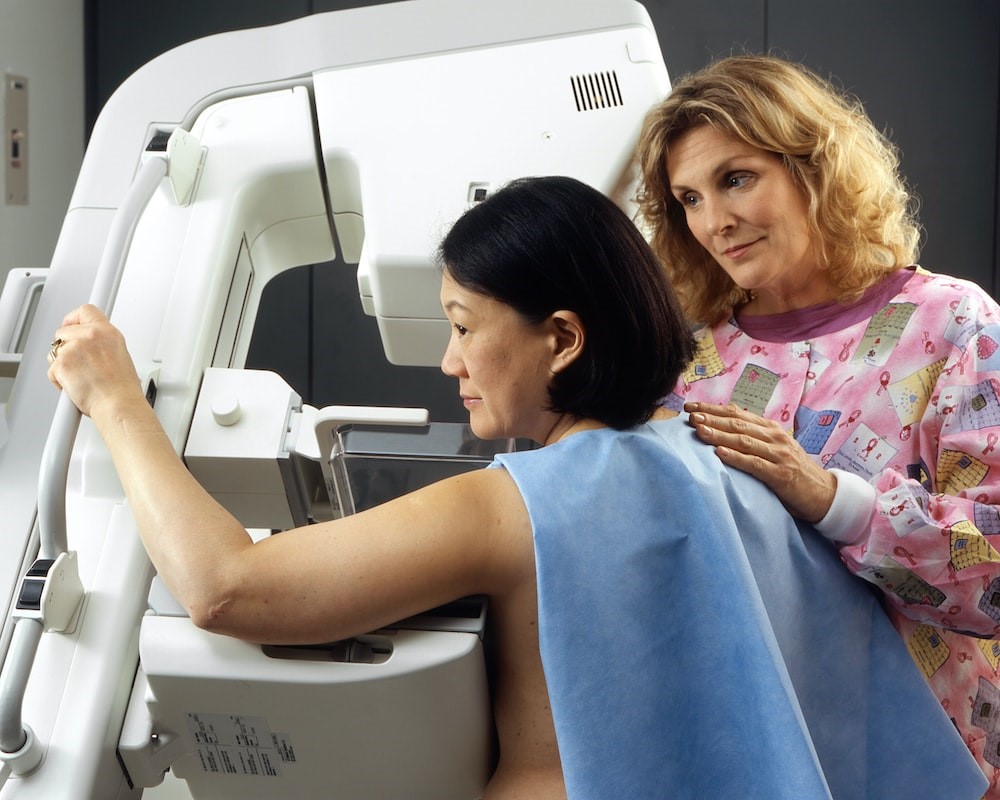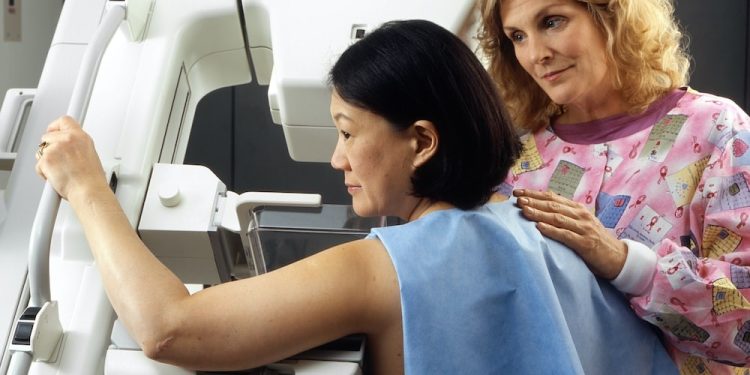Breakthroughs in artificial intelligence (AI) have completely transformed the healthcare sector, introducing a fresh era of accuracy and individualised medical attention.
AI algorithms have revolutionised the healthcare industry by enabling professionals to analyse extensive medical data swiftly and precisely. This transformative technology has completely changed how diseases are diagnosed, outcomes are predicted, and surgeries are conducted.
The future of medicine looks incredibly promising with the integration of AI, as it combines advanced diagnostic tools, innovative imaging techniques, and revolutionary technologies for disease prevention and treatment.
AI is revolutionising healthcare by introducing advanced early detection methods, refining surgical accuracy, and tailoring treatment plans to individual patients. This transformative technology brings optimism for better results and a more promising medical future.
The rise of artificial intelligence in healthcare
 Artificial intelligence (AI) developments have enabled a significant shift in the healthcare industry. AI systems can now analyse enormous volumes of medical data at previously unheard-of speeds and precision, empowering medical personnel to make better judgments.
Artificial intelligence (AI) developments have enabled a significant shift in the healthcare industry. AI systems can now analyse enormous volumes of medical data at previously unheard-of speeds and precision, empowering medical personnel to make better judgments.
Artificial intelligence (AI) algorithms are transforming how doctors treat patients, from illness diagnosis to prognostication. Artificial intelligence (AI) can improve early diagnosis treatment results and save lives by seeing patterns and anomalies that human eyes would miss.
AI’s incorporation into healthcare holds great promise for the field’s future development as it advances. In line with this, online platforms like anytimedoctor.co.uk are making a significant impact. Anytime Doctor offers an innovative online healthcare service in the UK, focusing on safe and efficient general practitioner consultations for health conditions that can be managed without physical hospital visits.
Advancements in robotic surgery and minimally invasive procedures
The realm of surgery has experienced a remarkable transformation due to the emergence of robotic technology and procedures that are less invasive. The utilisation of robotic technology in surgical procedures enables surgeons to execute intricate operations with heightened accuracy and mastery, owing to the state-of-the-art robotic appendages and tools at their disposal.
Surgeons can benefit from these advanced systems that offer a clear and detailed visual of the surgical area. This enhanced view enables them to make precise incisions and minimise damage to nearby tissues, improving surgical outcomes.
Moreover, the utilisation of minimally invasive techniques, like laparoscopy, has greatly diminished the necessity for extensive cuts, leading to expedited recuperation periods, diminished scarring, and decreased discomfort after surgery for individuals. The progress in surgical technology has completely revolutionised the field of medicine, leading to significant improvements in patient outcomes and transforming the way surgeries are conducted.
Cutting-edge diagnostic tools and imaging techniques
With innovative instruments and imaging methods, diagnostics has seen tremendous progress. These diagnostic techniques, which range from sophisticated genetic testing to high-resolution MRI scans, give medical practitioners previously unheard-of insights into the human body.
These methods allow for early illness detection, prompt intervention, and individualised treatment regimens. Furthermore, cutting-edge imaging technologies like 3D mammography and PET-CT provide increased precision and accuracy in identifying abnormalities, enhancing diagnostic accuracy and patient outcomes.
The way doctors identify and treat illnesses is completely transformed by these advances in imaging and diagnostic technologies, which will eventually enhance patient care and well-being.
Transformative technologies in disease prevention and treatment
Transformative technologies have arisen in illness prevention and treatment, completely changing the medical landscape.
Personalised approaches to healthcare have been made possible by these breakthroughs, which range from precision medicine to targeted medicines. Doctors may now customise treatment strategies to particular genetic mutations, enhancing efficacy and avoiding negative effects by examining an individual’s genetic composition.
Furthermore, by utilising the immune system to fight cancer, advances in immunotherapy have opened up new avenues for treating the illness. These innovative medical technologies are changing the sector and providing hope for better patient outcomes and a more promising future for illness prevention and treatment.
The growth of artificial intelligence in healthcare has ushered in a new age of opportunities. The medical industry is undergoing a significant shift due to breakthroughs in robotic surgery, state-of-the-art diagnostic equipment, and disruptive disease prevention and treatment technology.
These developments might transform patient care, enhance therapeutic results, and save lives. AI’s incorporation into healthcare offers great potential as it develops, opening the door to more individualised, accurate, and successful medical treatments.



